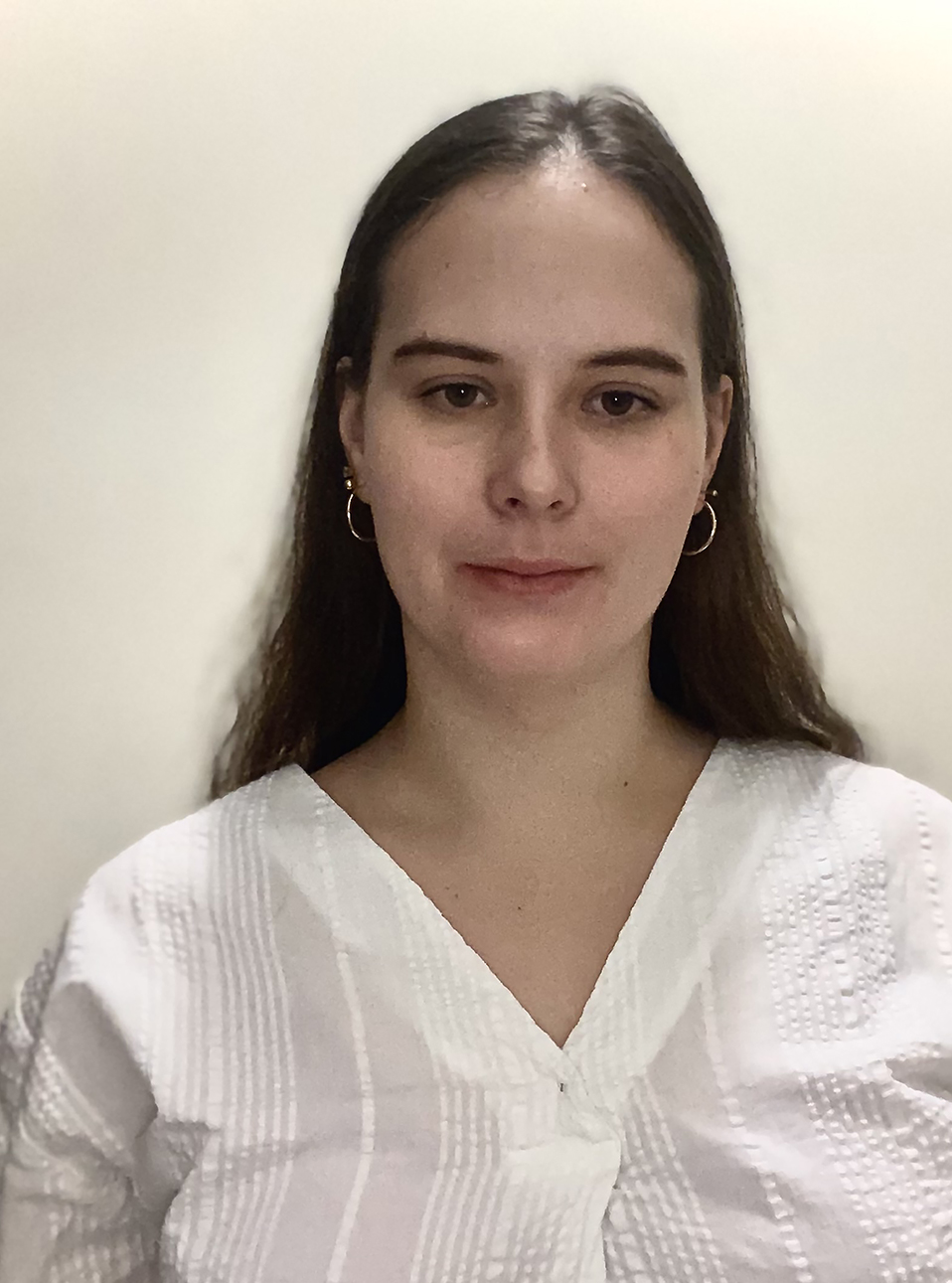She received her BEng degree in Biotechnology at Warsaw University of Technology. Her thesis focused on the analysis of selected strains of Pseudomonas aeruginosa in terms of their ability to natural competence. The Bachelor thesis was realized at the Institute of Biochemistry and Biophysics Polish Academy of Sciences. At the International Centre for Translational Eye Research, she is pursuing her Master’s thesis focusing on maintaining stable cell lines for the production of modified rabies virus.

Adam Kurek is a Computer Science student at the University of Ecology and Management in Poland. He joined the IDoc team as an intern, and now continues his work as a software specialist. As the youngest member of IDoc project, Adam writes software for communications, user interfaces, operating system integration, and testing. In his spare time, he enjoys practicing taekwondo.




